Introduction
It is our responsibility to ensure that everyone working with us, and under our duty of care whilst performing, producing or organising feels safe, supported and able to enjoy the festival space and our wider working environment.This complaints procedure is intended as the tool by which anyone (for example artist, producer, production manager) under contract with Take Me Somewhere may formally have a complaint, regarding any condition of their engagement and have that heard, and hopefully resolved, by the company. This should be concerned with the way in which you have been treated by the organisation or managers acting on its behalf.
Who Is Responsible
The Board is responsible for ensuring that the Artistic Director and Executive Producer enact this procedure properly and effectively. The whole team are responsible for upholding a culture of care and the Board is the last port of call for any complaint hearings.How This Procedure is Implemented
Accessibility
We will make the appropriate arrangements to ensure that this process is accessible for you and your particular requirements, and that it takes into account any support needed, for example:
BSL interpretation.
Access support for disabled people.
Appropriate representation and support in hearing your complaint, for example that is heard by someone who is Black, Asian or identifies as Person of Colour.
Translation, should English not be your first language.
This is not an exhaustive list.
Conducting the Grievance Procedure
The organisation recognises that a formal grievance procedure can be a stressful and upsetting experience for all parties. Everyone involved in this procedure is entitled to be treated with dignity and the process will be carried out professionally, calmly and with anonymity and respect.
4. Addressing the Complaint Informally (Stage 1)
If you are unhappy about the treatment that you have received whilst working with us you should discuss this with your immediate contact at the festival, who will do everything in their power to resolve the situation informally.
If you feel unable to approach your immediate contact, or the complaint is in relation to them, you should approach the Executive Producer or Artistic Director, failing whom, the Board, who will discuss ways of dealing with the matter with you.
5. Making the Complaint (Stage 2)
Formalising the Complaint
Where attempts to resolve the matter informally do not work, it may be appropriate for you to then raise a formal grievance under this procedure. A formal grievance should be concerned with the way in which you have been treated by the organisation or managers acting on its behalf.
You can be represented by a professional organisation or a colleague/friend.
If we are not able to resolve the issue informally, the first stage of the procedure is for you to put your complaint in writing. This written statement will form the basis of the subsequent hearing and any investigations, so it is important that you set out clearly the nature of your grievance and indicate the outcome that you are seeking.
Your complaint should be headed "Formal complaint" and sent to your main contact at the festival. If your complaint relates to the way in which your main contact is treating you, the complaint may be sent to the Artistic Director/Executive Producer, failing whom, the Board.
Further attempts may be made to resolve the matter informally, depending on the nature of your complaint. However, if you are not satisfied with the outcome, you may insist on the matter proceeding to a full complaint hearing.
Before proceeding to a full complaint hearing, it may be necessary to carry out investigations of any allegations made by you, although the confidentiality of the grievance process will be respected.
6. The Hearing (Stage 3)
At the meeting, you will be asked to explain the nature of your complaint and what action you feel should be taken to resolve the matter. Where appropriate, the meeting may be adjourned to allow further investigations to take place or to consider what we need to do to resolve the complaint.
7. The Outcome (Stage 4)
Following the meeting, you will be informed in writing of the outcome within five working days and told of any action that the organisation proposes to take as a result of your complaint. If you are dissatisfied with the outcome, you may make a formal appeal.
8. Appeal (Stage 5)
Your appeal should be made in writing to the Artistic Director, failing whom, the Board. You should clearly state the grounds of your appeal, i.e the basis on which you say that the result of the grievance was wrong or that the action taken as a result was inappropriate. This should be done within seven working days of the written notification of the outcome of the grievance. An appeal meeting will be arranged to take place within five working days of the submission of your formal appeal.
The appeal is not a rehearing of the original complaint, but rather a consideration of the specific areas with which you are dissatisfied in relation to the original grievance. The person conducting the appeal may therefore confine discussion to those specific areas rather than reconsider the whole matter afresh.
Following the appeal meeting, you will be informed of the outcome within [seven] working days. The outcome of this meeting will be final.
9. Contacts:
TMS Team:
Caroline Winn - Executive Director: Caroline@takemesomewhere.co.uk
LJ Findlay Walsh - Artistic Director: LJ@takemesomewhere.co.uk
Take Me Somewhere Board: board@takemesomewhere.co.uk
